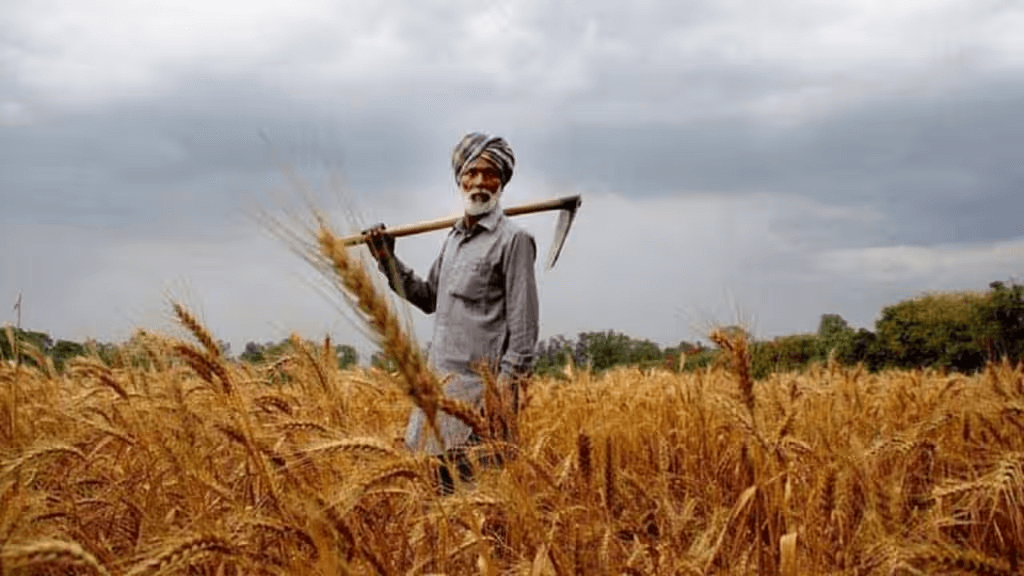Tags
Large-scale zero-budget farming may hit crop output: study
Nabard & Icrier report calls for rigorous assessment of farm practices, reducing fertiliser use.

ZBNF aims to promote sustainable agriculture by reducing the use of fertilizers and pesticides and rejuvenating soil health. PTI
Large-scale adoption of traditional farming practices such as Zero Budget Natural Farming (ZBNF) being currently being promoted may impact the production of major crops such as rice and wheat, according to a joint study by Nabard and Icrier.
A study titled ‘ZBNF: implications for sustainability, profitability, and food security’, has stated that there is a need for long-term experimentation before suggesting ZBNF as a national-level agriculture practice. “A rigorous assessment and Indian Council for Agricultural Research (ICAR) approved protocol are essential before announcing ZBNF as a nationwide agricultural practice, as its consequences remain ambiguous as of now,” it stated.
ZBNF aims to promote sustainable agriculture by reducing the use of fertilizers and pesticides and rejuvenating soil health.
The study has quoted a three-year field experiment by Indian Institute of Farming Systems Research, affiliated to ICAR, which had estimated a decline of production by 59% in the case of wheat and 32% in case of basmati rice or coarse rice in ZBNF in comparison to integrated crop management. The study has noted that productivity is an important determinant of food security; however, “the ICAR study depicts an unfavorable picture of crop productivity after the ZBNF adoption, raising concerns for the national food security,”.
At present, Bhartiya Prakritik Krishi Padhati, a sub scheme of Paramparagat Krishi Vikas Yojana, is being implemented by the ministry of agriculture and farmers welfare from 2020-21, which focuses on promoting traditional indigenous practices including ZBNF.
The study has suggested that the agriculture ministry-affiliated National Centre of Organic Farming could play a vital role in developing a scientifically valid protocol for ZBNF.
It stated while organic farming and related practices like natural farming are successful in niche markets where a premium price can compensate for the returns from lower yields, a complete switch to organic approaches can hamper national food production. “Resilient supply chain networks for the farm inputs required in natural farming are a prerequisite to transitioning towards natural farming,” it noted.
To deal with deterioration in soil quality because of excessive use of highly subsidised urea, the study has suggested giving Rs. 5000 to Rs 10,000 per hectare of direct benefit transfer to the farmers to buy fertiliser at market price. “The transfer of subsidy directly into the bank accounts of farmers will allow the farmers to have freedom of choosing a farming practice and thereby making subsidy farming-practice neutral and crop-neutral,” the study has stated.
Many of the elements of ZBNF such as name of Beejamrit (seed-microbial coating), Jeewamrit (soil-microbial enhancer), Waaphasa (soil-aeration), and Acchadana (Mulching), etc, are currently practised under the conservation agriculture.
Finance minister Nirmala Sitharaman in her several budget speeches had referred to replicating ZBNF across the country. “We shall go back to basics on one count: Zero Budget Farming. We need to replicate this innovative model through which in a few States farmers are already being trained in this practice,” Sitharaman had stated in her budget speech for 2019-20.
https://www.financialexpress.com/policy/economy-large-scale-zero-budget-farming-may-hit-crop-output-study-3435666/Published Date: March 25, 2024






